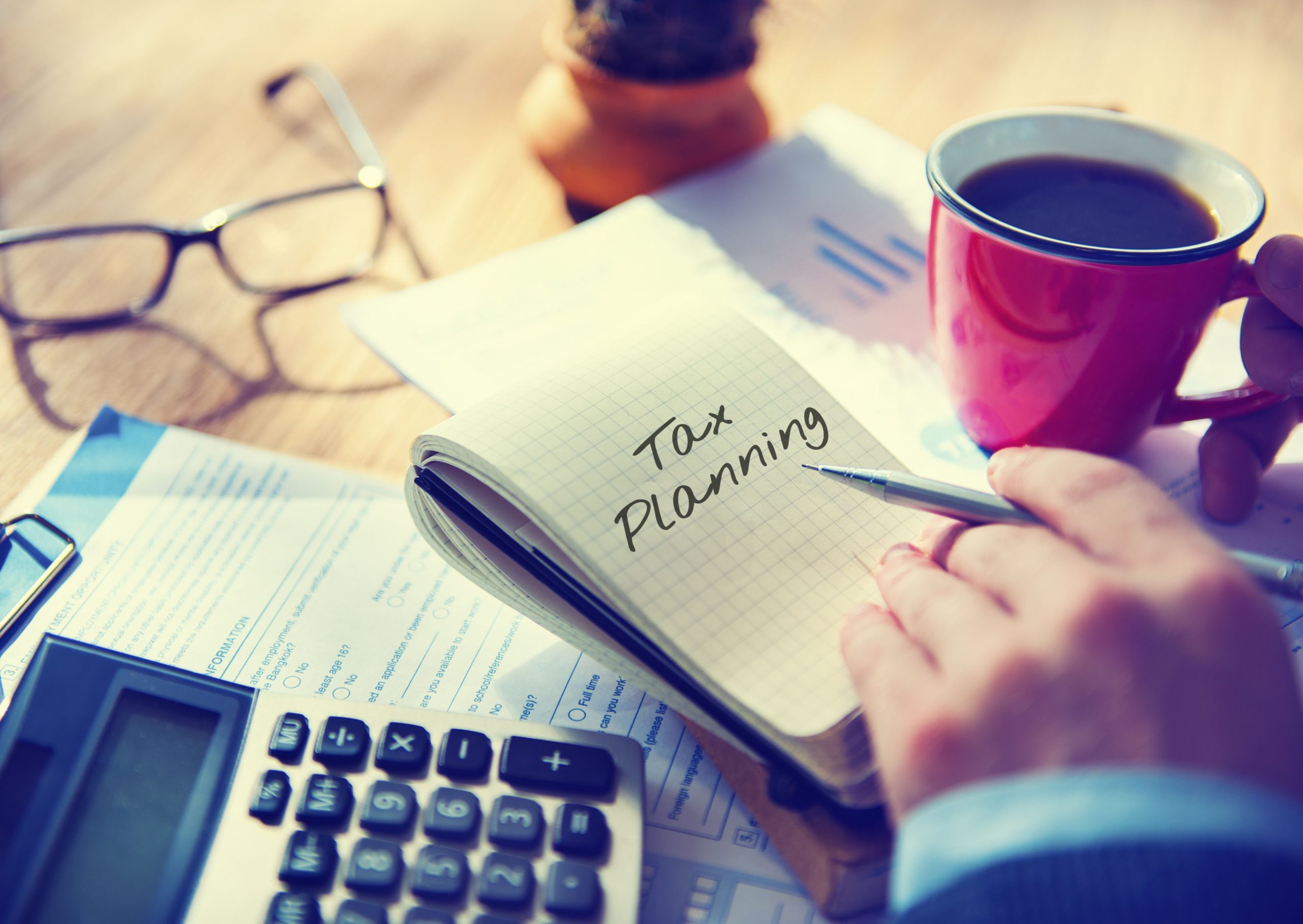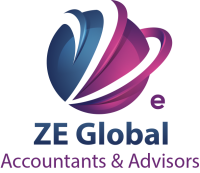
Corporate Tax
The rate of corporation taxation is at 17%. Taxable income is calculated by adding the total taxable revenues of the company, less total permitted expenses and other allowances.
Companies in Singapore benefit from numerous tax incentives provided by the government. For example, starting in 2020, newly incorporated companies will be eligible for the tax exemption scheme for new start-up companies for three consecutive years if they meet specific criteria. Additionally, non-resident companies are typically taxed similarly to resident companies. As a result, if a company meets the requirements to be qualified a tax resident in Singapore, it is also eligible to benefit from various tax incentives and exemptions offered to other companies there.
Estimated Chargeable Income (“ECI”) Filing
ECI is an estimate of your company’s taxable profits for a Year of Assessment (“YA”) (after deducting tax-allowable expenses). In general, your Singapore company must file ECI within three months of the end of its financial year.


New Start-up Company Tax Exemption Scheme
The tax exemption for new start-up companies for the first three YAs is as follows starting in YA2020
- 75% tax exemption on the first S$100,000 of chargeable income
- 50% on the next S$100,000 of chargeable income
The tax exemption scheme is available to all newly incorporated companies, except
- Companies whose principal activity are that of investment holding
- Companies that undertake property development for sale, investment, or both
The new start-up company must also
- Be incorporated in Singapore
- Be a tax resident of Singapore for that YA
- Be beneficially owned directly by no more than 20 shareholders throughout the basis period for that YA, where:
- All the shareholders are individuals; or
- At least 1 shareholder is an individual holding at least 10% of the issued ordinary shares of the company
Capital Gains Tax in Singapore
Singapore does not impose taxes on capital gains. For instance, a trading company that sells its office premise is not required to pay tax on the capital gains earned from the sale.
Tax Exempted Dividend
Companies with a Singapore residency may distribute dividends tax-free, meaning shareholders will not be subject to tax on this dividend income.
Foreign Income
Companies or individuals may derive their income from within the country, from outside, or from both. Singapore uses a territorial taxation system on income that is derived from outside. This means that foreign income that is remitted to and received in Singapore is taxable.
Furthermore, it is vital to note that remitted foreign-sourced income is only taxed if it belongs to a Singapore resident. This means that non-resident individuals and foreign companies can transfer their foreign income to Singapore without paying taxes on it. As a result, they can use Singapore’s banking and fund management services without worrying about taxes.
Moreover, it is important to note that the remitted foreign-sourced income is only taxable when it belongs to a resident in Singapore. This means that the foreign income of non-resident individuals and foreign corporations can remit their income in Singapore without taxes. Therefore, they do not have to worry about taxation when using Singapore’s banking and fund management facilities.


Goods and Services Tax (“GST”)
In some countries, the goods and services tax is known as value-added tax (“VAT”). In Singapore, a wide range of goods and services are subject to this broad-based consumption tax. It also includes the tax on products and services imported into Singapore. The current GST rate is 7% (the rate will rise to 8% on 1 January 2023, and then to 9% on 1 January 2024) for every sale of taxable products and provision of taxable services.
The GST threshold is S$1 million. This means that a company must register for GST if its taxable turnover exceeds S$1 million. If the company does not meet this threshold, it is not required to register for GST. However, if the company decides it would be wise to do so, they may still choose to voluntarily register as a GST taxpayer.
Furthermore, GST can be categorised as standard-rated, zero-rated, or exempt. The basic list of goods and services that are subject to the 7% GST rate is referred to as “standard-rated supplies.” Exports of goods and the provision of services abroad are referred to as “zero-rated supplies” and are subject to a 0% GST. The majority of financial services, the sale or lease of residential properties, and the importation of precious metals for investment referred to as “exempt supplies” and are exempt from GST.
Personal Tax
Individuals earning an income are subject to personal taxation. Singapore’s personal tax rate is one of the lowest in the world, starting at 0% and rising to 22% for income above S$320,000 (up to 24% for income over S$1,000,000 beginning in YA2024). A person who earns less than S$20,000 is exempt from paying the tax. Individuals working overseas are also exempt from personal taxes. Singapore also levies no inheritance taxes or capital gains taxes.
Depending on their tax residency, each person may be subject to different tax rules. People who are regarded to be tax residents are liable to the progressive tax table on their earned income. These people are Singaporeans, permanent residents, or foreigners who have lived or worked in Singapore for at least 183 days. Non-residents of Singapore, on the other hand, are people who spent fewer than 183 days there. These people are excluded from paying taxes on their employment income unless they are professionals, public entertainers, or company directors.


Withholding Tax
Withholding tax is a tax deduction at the source. It is typically levied against a non-resident company or individual whose revenue is derived from providing services or performing work in Singapore. Taxation legislation requires that these non-resident entities withhold a certain percentage of the payment received from a Singapore company or individual. The withheld sum is subsequently reported to and paid to IRAS.
Withholding tax is levied only on income derived within Singapore, and only specific types of payments to non-residents for work or services done in Singapore is subject to withholding tax. These payments cover any interest, commissions, or fees associated with loans or other debt, royalties, administrative costs, and rent.
Stamp Duty
Stamp duty is an indirect tax levied on documents pertaining to the transfer of immovable properties and shares. The buyer of such properties is often responsible for bearing and paying this tax. It is calculated using prescribed rates applied to the market value of the property or the consideration paid, whichever is greater.
Stamp duty on the transfer of shares is calculated at 0.2% of the purchase price or the shares’ net asset value. Only share transfers are subject to the stamp duty. Shares that are issued or sold on the stock exchange are exempt from stamp duty. There is a 1% – 4% stamp duty on the purchase price or market value of immovable properties when they are transferred, whether they are residential or commercial. Additionally, certain groups of purchasers of residential property must also pay additional buyer’s stamp duty.

Our company is equipped with some of the most experienced and well-equipped accountants and CAs. It means you have access to accurate accounting procedures and reports.
